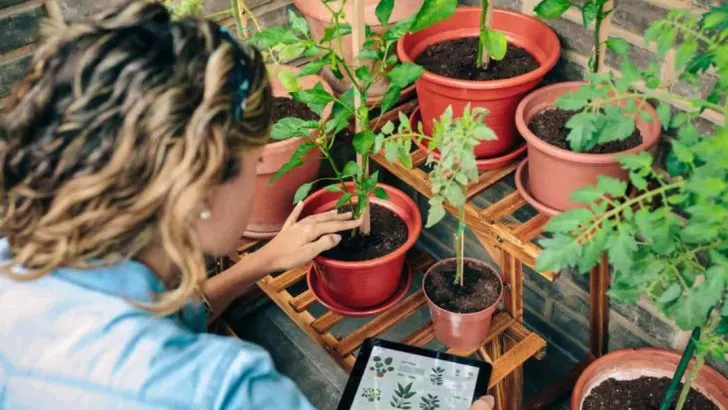In gardening, we’re often told there’s a “right” way to do everything — but sometimes, it’s the so-called mistakes that lead to the most unexpected successes. Whether it’s planting too close, skipping a chore, or letting nature take its course, these moments of imperfection can actually result in healthier plants and bigger harvests.
In this article, we highlight 18 surprising garden “mistakes” that often turn out to be beneficial, even more so than following the rules to the letter. From happy accidents to strategic laziness, these lessons prove that nature rewards flexibility — and sometimes, a bit of chaos.
Let go of perfection and discover the power of embracing the “wrong” way — your garden might just thank you for it.
Overcrowding Plants
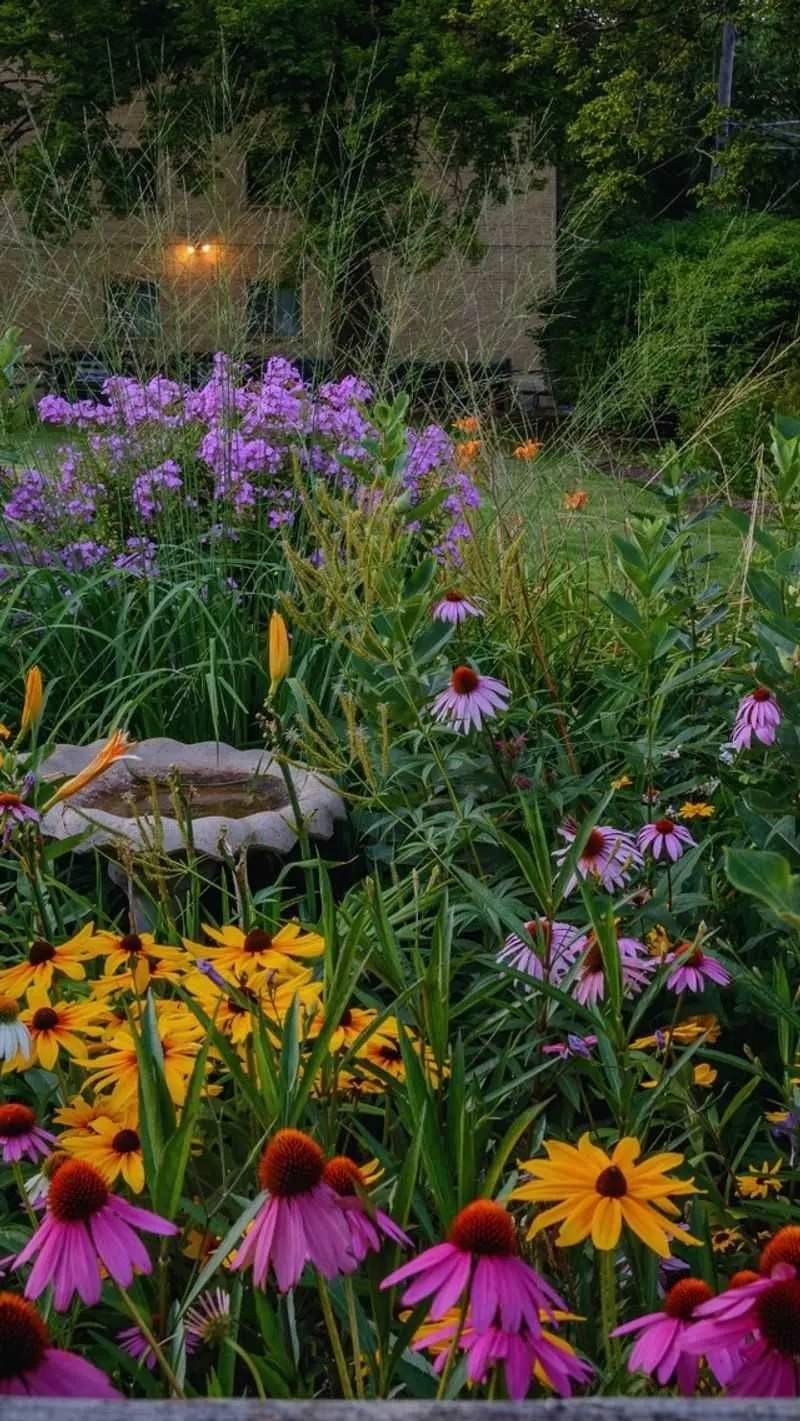
Sometimes, squeezing plants too close together seems like a recipe for disaster. However, this can create a microclimate that conserves moisture, making plants resilient in droughts. Additionally, it reduces weeds by shading the soil. Although it limits airflow, careful observation ensures diseases are caught early.
Skipping Fertilizer
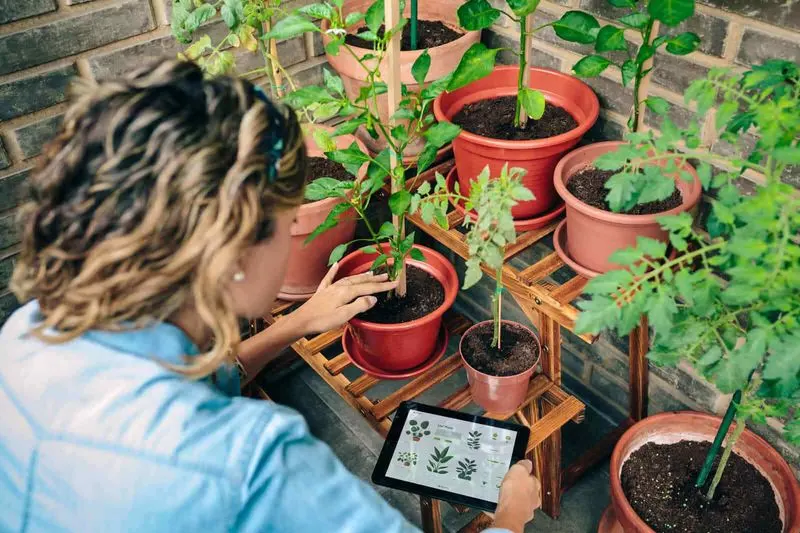
Neglecting to fertilize might sound like negligence, but it forces plants to develop deeper root systems in search of nutrients. This can lead to stronger, more resilient plants. Moreover, it encourages beneficial microorganisms to thrive in the soil, creating a balanced ecosystem.
Letting Weeds Grow
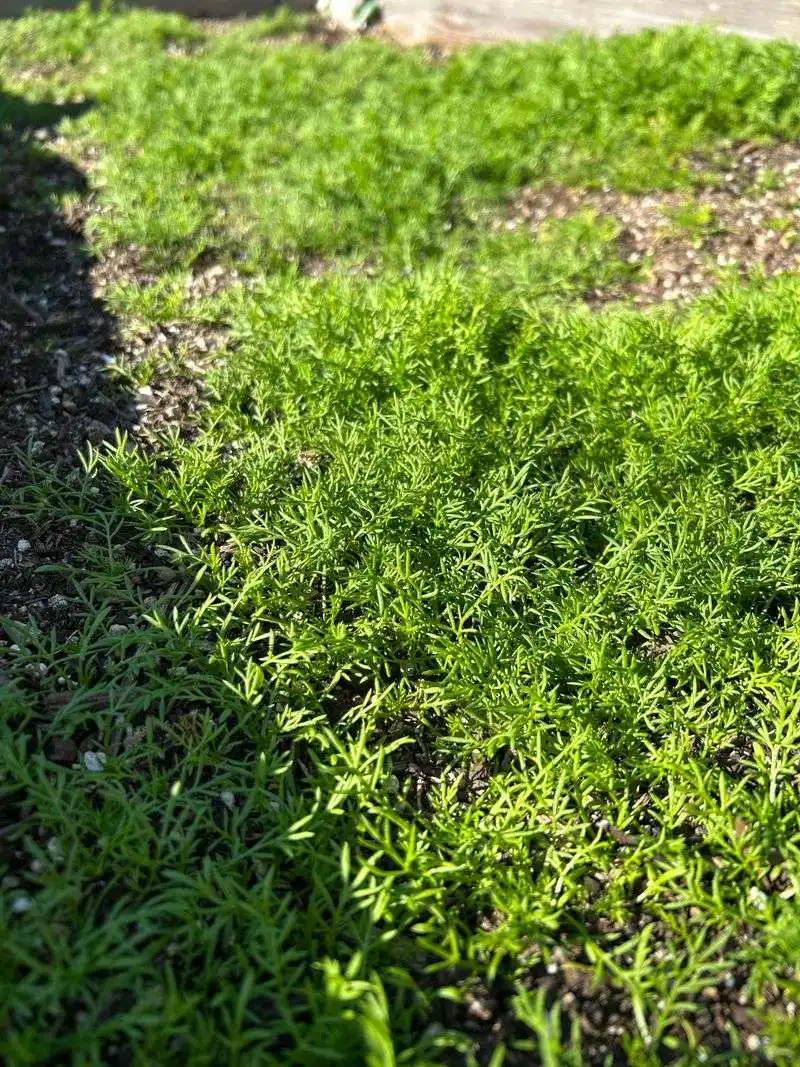
Allowing weeds to mingle with your crops isn’t always detrimental. Some weeds attract beneficial insects or repel harmful pests. They can also improve soil structure and bring nutrients up from deep layers. Observing which weeds coexist peacefully can offer unexpected garden allies.
Neglecting to Deadhead
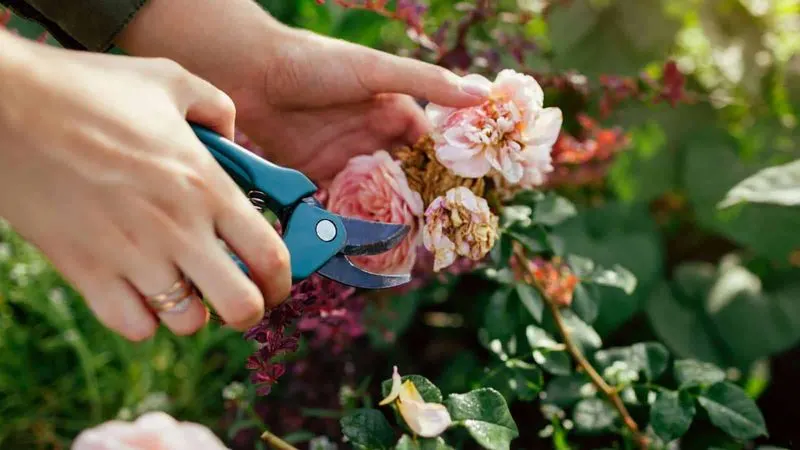
Ignoring the urge to deadhead can benefit certain plants. Faded flowers may produce seeds, providing food for birds and promoting biodiversity. This natural approach can lead to more resilient plants that adapt to local conditions over time.
Not Pruning Enough
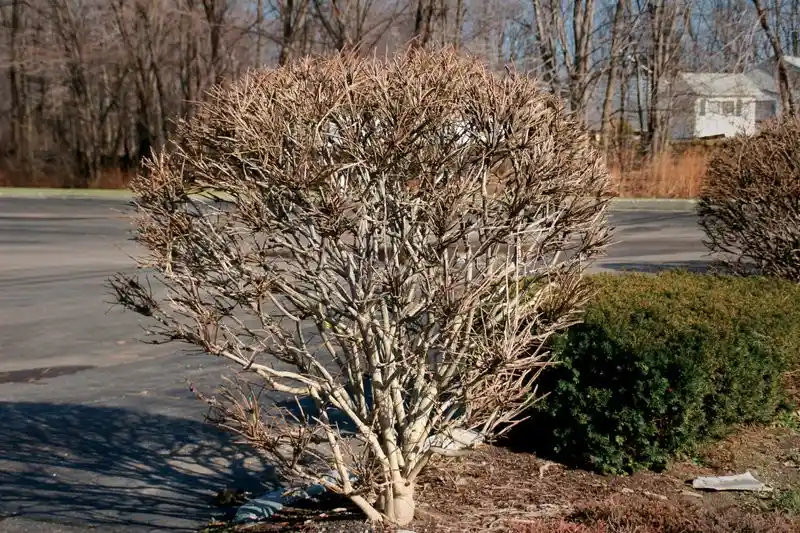
Minimal pruning might lead to unruly shapes, but it can also result in more fruit production. Branches left to grow freely can yield more blossoms and thus more fruit. This method works particularly well for certain fruit trees that thrive on neglect.
Watering Inconsistently
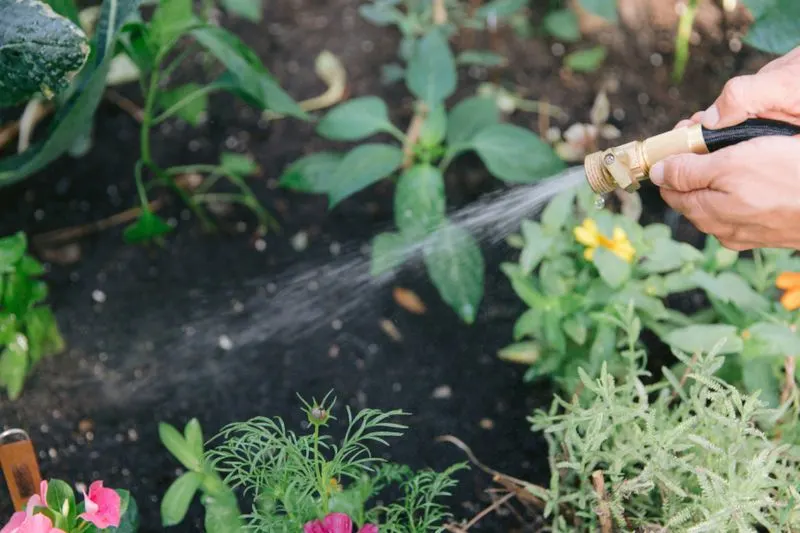
Erratic watering schedules can toughen up plants, encouraging them to adapt to unpredictable conditions. This practice can result in deeper root systems and more drought-resistant plants. Inconsistencies can foster a garden that’s less reliant on daily maintenance.
Using Untreated Compost
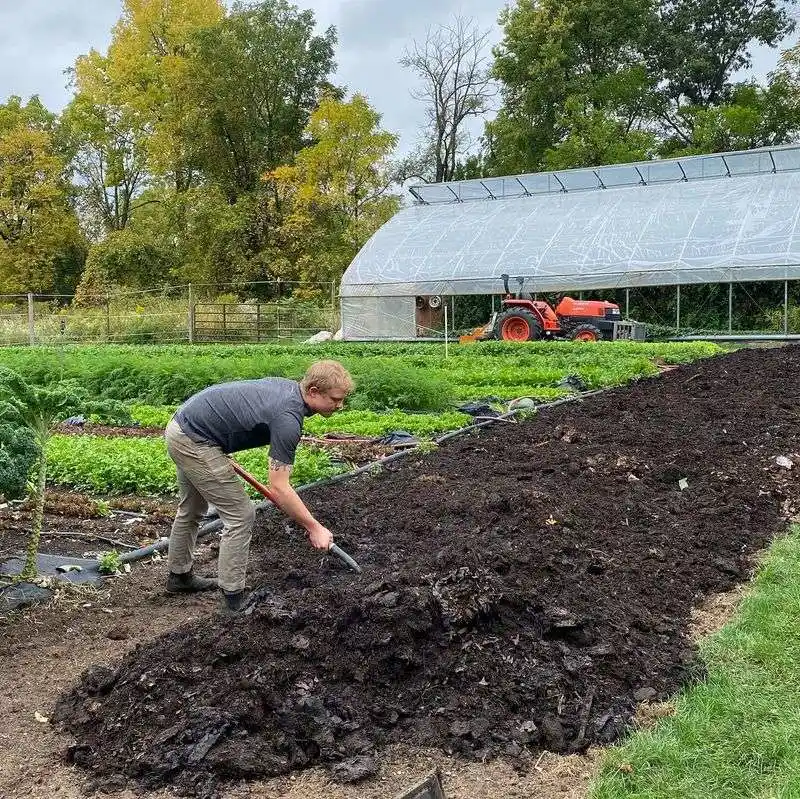
Applying raw compost might seem risky, but it introduces a wider array of nutrients and beneficial organisms into the soil. As it breaks down naturally, plants gain access to a slow-release food source, making them more robust and lush over time.
Allowing Plants to Self-Seed
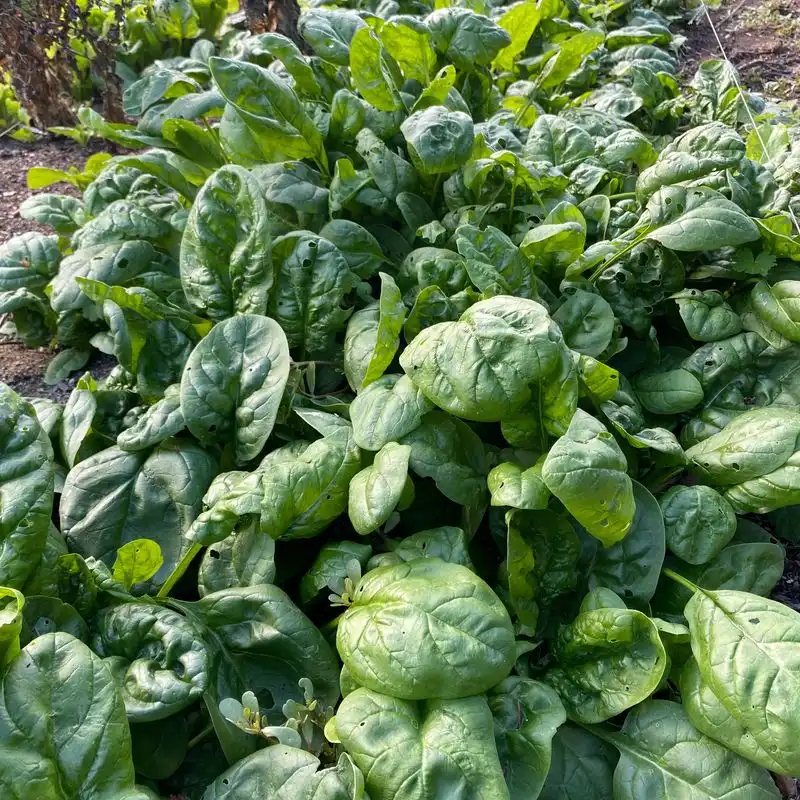
Permitting plants to scatter seeds can lead to surprises. This method ensures the strongest seeds germinate, adapting to specific garden conditions. It can introduce unexpected diversity and resilience, as plants grow where they thrive best naturally.
Ignoring Mulch Layers
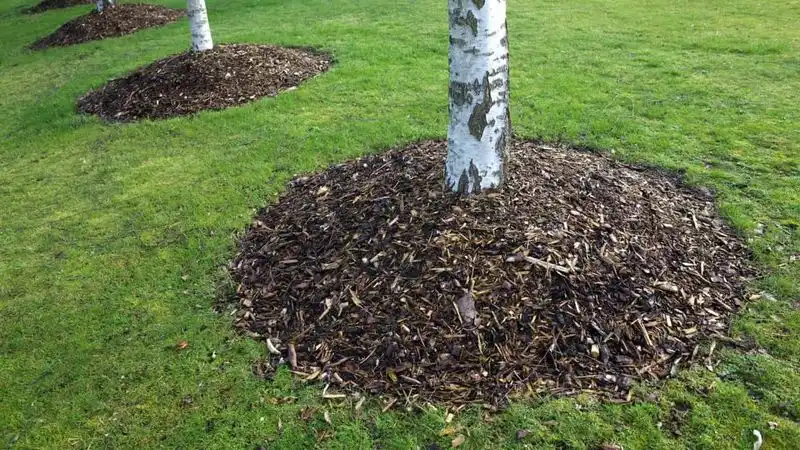
Skipping mulch can create challenges, yet it can also foster plants that are adaptable to harsher conditions. Without mulch, plants might develop deeper roots to access moisture, leading to a more resilient garden in the long run.
Planting Out of Season
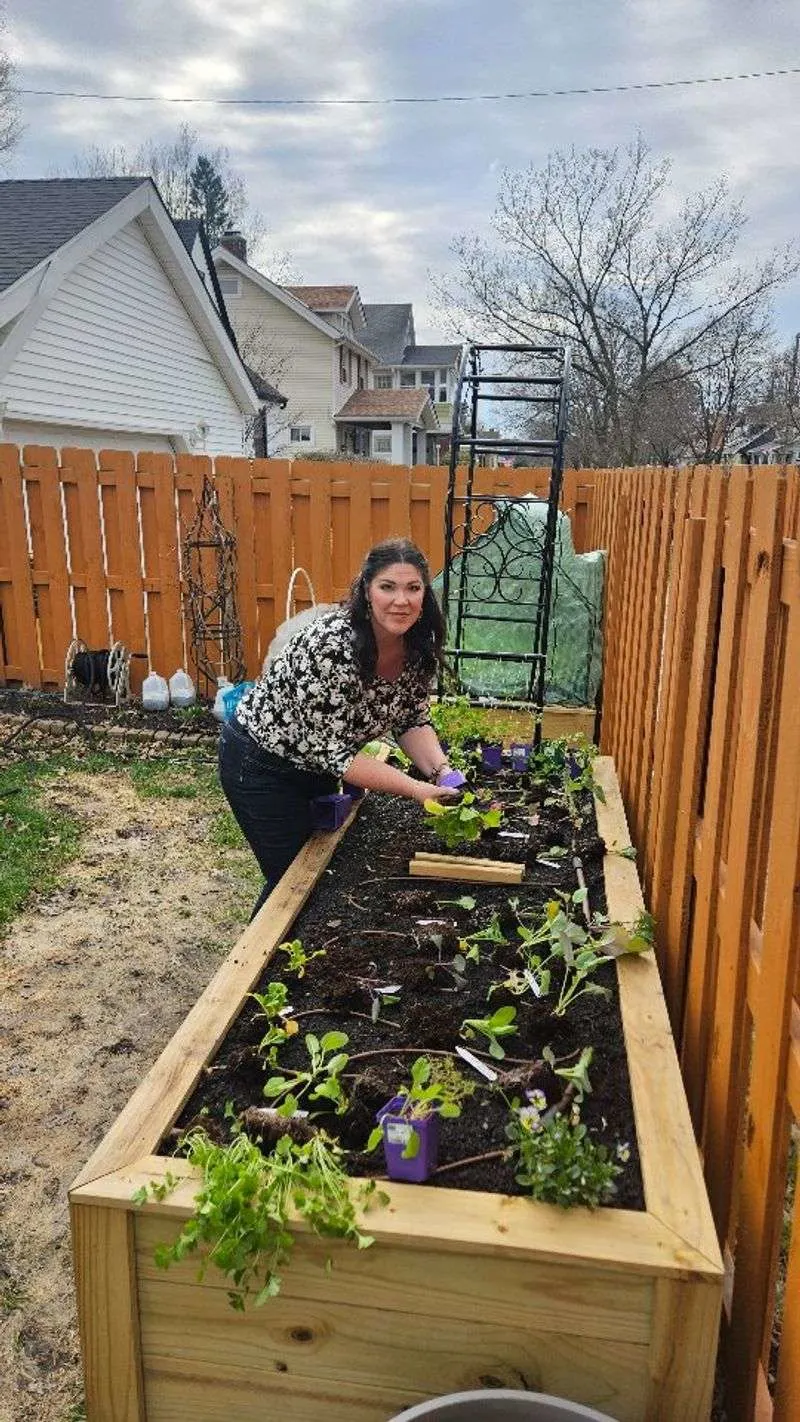
Planting at unconventional times can sometimes yield unexpected harvests. Plants may encounter fewer pests or diseases when grown off-season. This experimentation can lead to discovering the true resilience of certain crops in your local climate.
Ignoring Pest Control
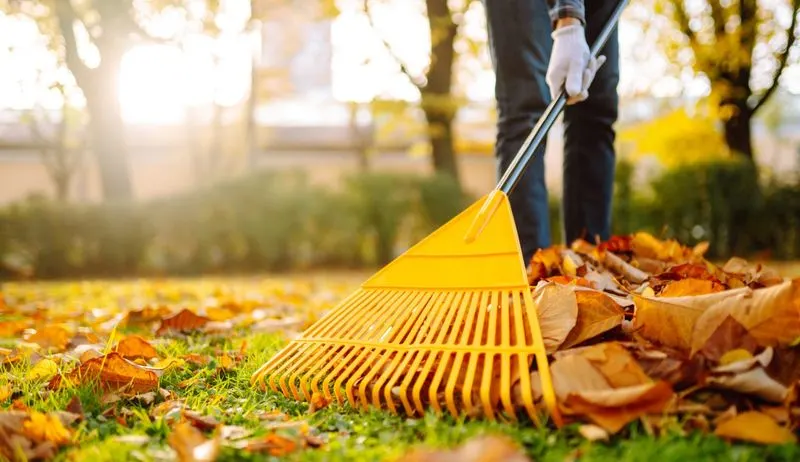
Allowing nature to handle pests can occasionally result in a stronger garden ecosystem. Predatory insects may keep pest populations in check. This method encourages a balanced food chain, leading to a garden that thrives with minimal human intervention.
Growing in Poor Soil
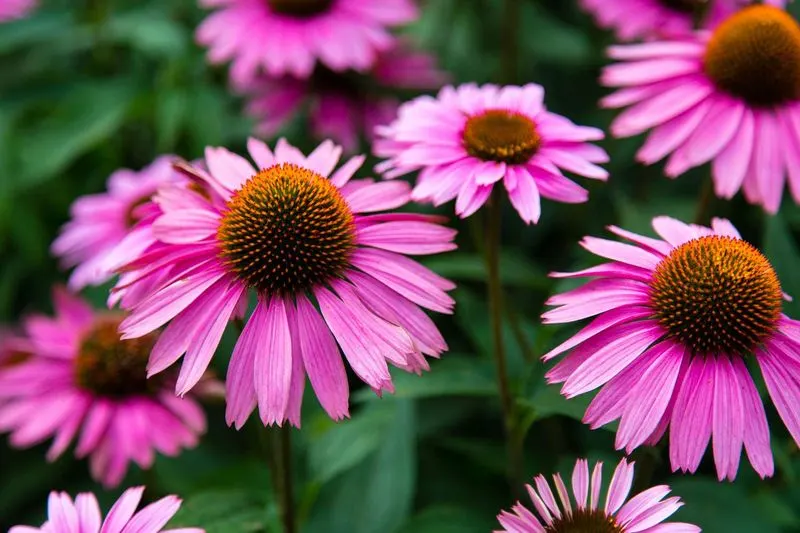
Cultivating plants in less-than-ideal soil can force them to adapt and become more resilient. It may lead to the development of heartier plants that can thrive in challenging conditions, often producing unique flavors and characteristics in their yield.
Letting Leaves Decay
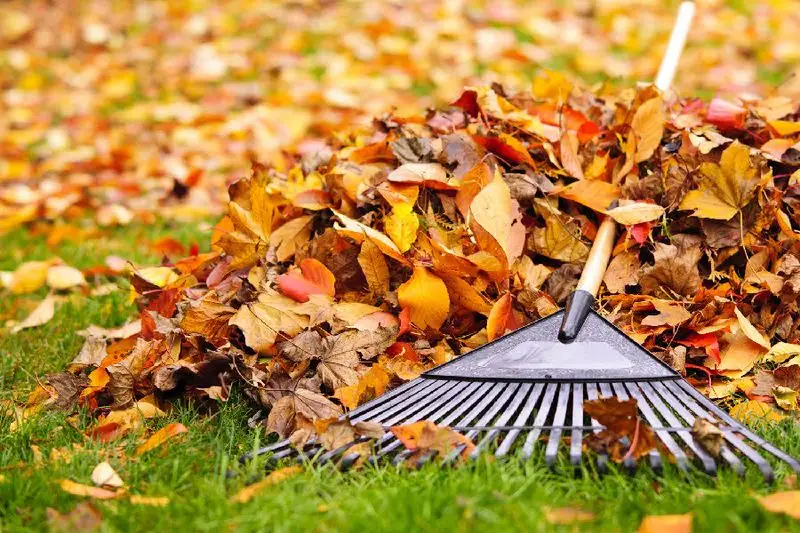
Leaving fallen leaves to decompose can be beneficial. As they break down, they return nutrients to the soil, enriching it for future plantings. This natural process can improve soil structure and fertility, promoting a healthy garden ecosystem.
Sparse Planting
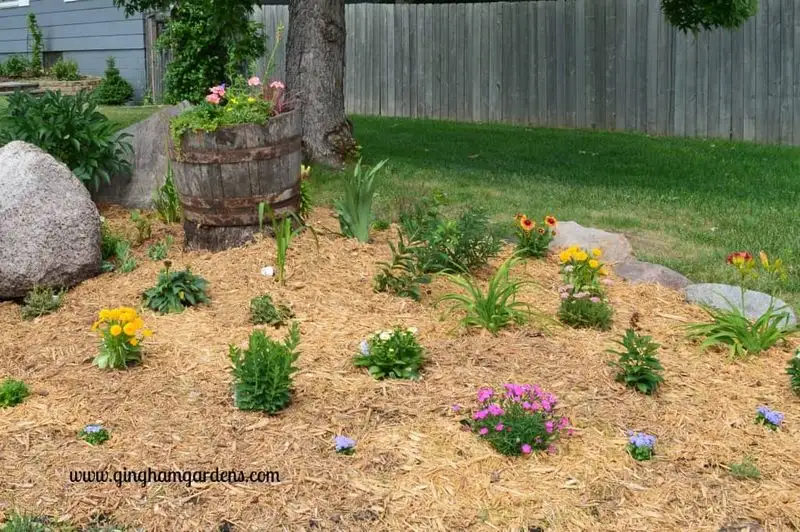
While dense planting is common, sparse layouts can maximize sunlight and air circulation, reducing disease risk. This approach can also make it easier to manage and harvest plants, often leading to unexpected growth spurts in well-spaced crops.
Not Rotating Crops
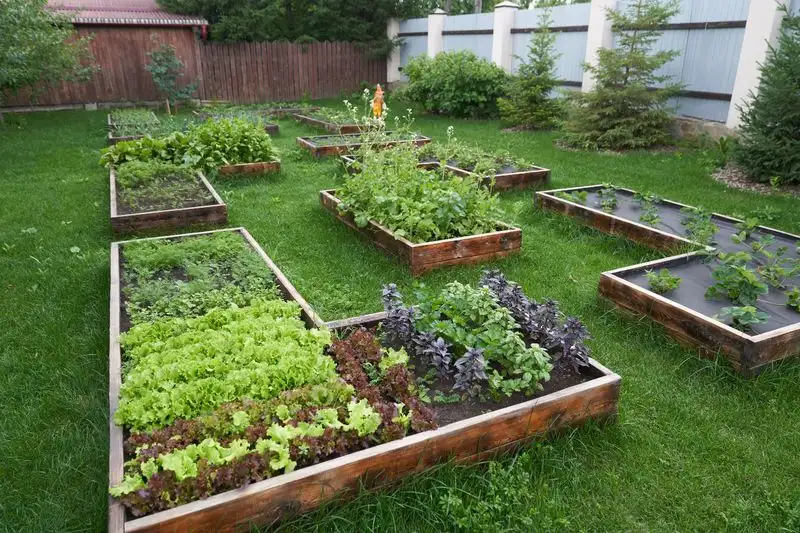
Cultivating the same plants in one spot might seem unwise, but it can create a familiar environment for certain crops. This consistency can encourage plant-specific beneficial microbes, leading to potential increases in yield and plant health.
Harsh Pruning
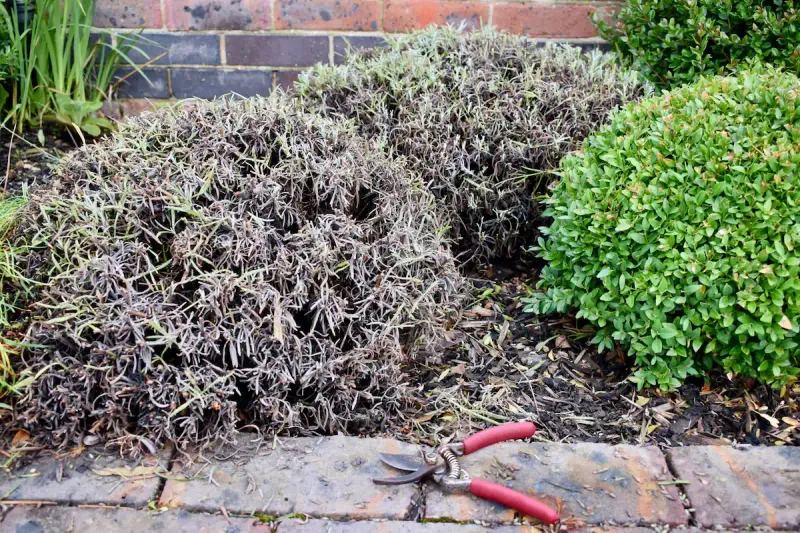
Aggressive pruning might appear damaging, yet it can stimulate new growth and rejuvenate plants. This method often results in bushier, more robust foliage and can increase flowering and fruiting in many species, providing unexpected garden rewards.
Letting Plants Bolt
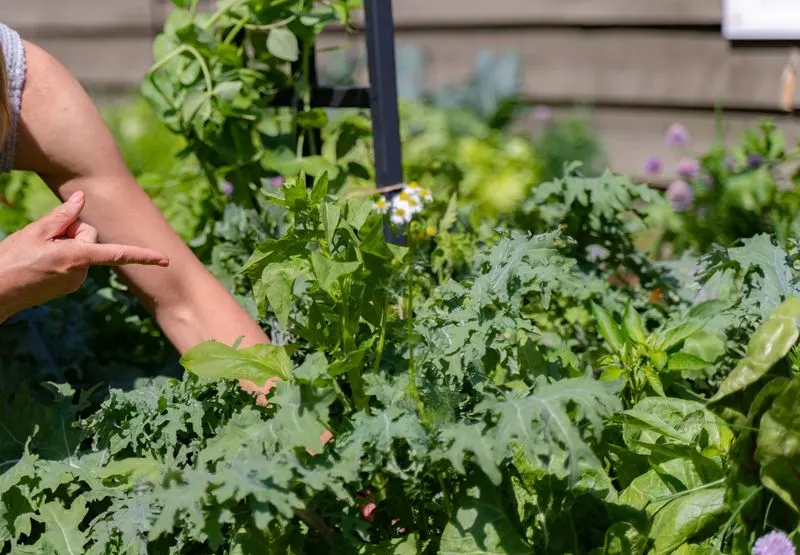
Allowing plants like lettuce and spinach to bolt can provide seeds for future planting. This natural cycle not only saves money but also adapts seeds to specific garden conditions, potentially leading to more resilient future generations.
Ignoring Companion Planting
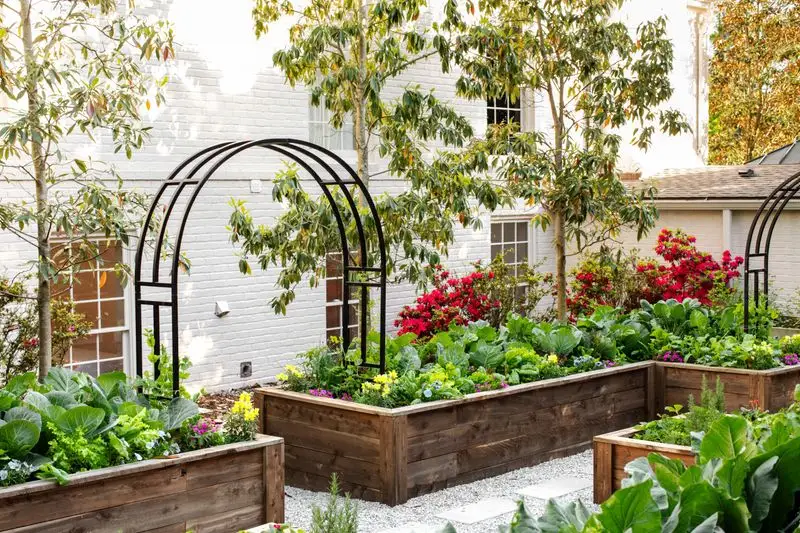
Neglecting companion planting can sometimes lead to diverse plant communities finding their own balance. This approach allows plants to interact freely, often discovering unique synergies and supports that might not have been planned, yet yield delightful results.

